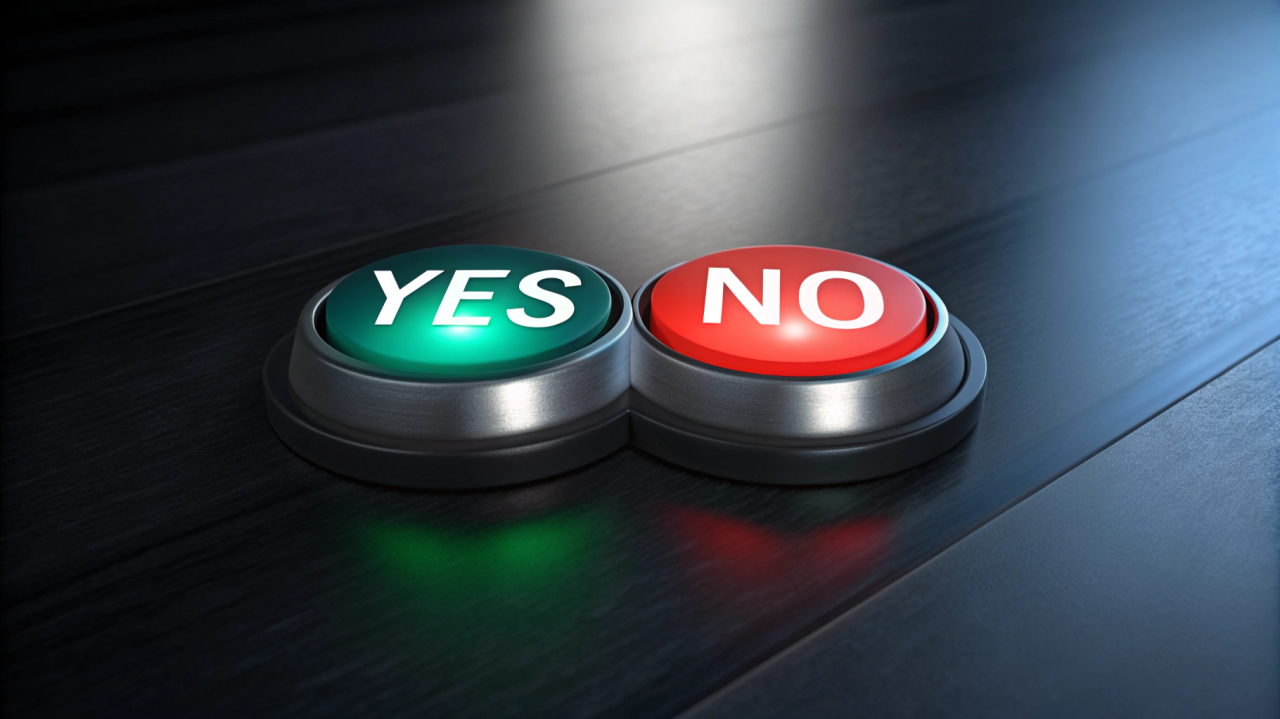
The Hidden Psychology Behind Why Customers Say Yes

Jaye Lee
Business Strategist for Therapists & Coaches | ICF PCC | Scaled 3 Startups | Certified Mentor Coach & Supervisor | CEO Whisperer for the Helping Professions
The Science of Persuasion: Why People Buy (Even When They Swear They Won’t)
You’ve seen it happen. Someone walks into a store claiming they’re “just looking” and walks out with a shopping bag (or five). Or a business owner insists they’re not interested in new software, only to sign a contract a week later.
What happened?
Human decision-making is predictably irrational, and understanding the psychology behind it is your key to mastering persuasion ethically.
1. The Reciprocity Rule: Give and You Shall Receive
Ever noticed how free samples at supermarkets almost always lead to purchases? That’s reciprocity at play. When people receive something of value, they feel obligated to return the favour.
✅ Actionable Strategy: Offer valuable content, free resources, or a personalized experience. The more you give, the harder it is for your audience to ignore you.
💡 Case in Point: When I ran my dental clinic, we offered a free consultation and complimentary oral check for first-time visitors. Patients who initially came in for a ‘freebie’ ended up scheduling follow-ups for full treatments because they experienced our service firsthand and felt comfortable returning. Giving first builds trust and trust leads to conversions.
2. Social Proof: If Everyone’s Doing It, It Must Be Good
Nobody wants to be the lone wolf making a decision. People look to the crowd for validation. This is why testimonials, case studies, and influencer partnerships work so well.
✅ Actionable Strategy: Use real success stories. Showcase customer testimonials with specifics, not generic “It was great!” statements. Numbers talk, so use data.
3. Scarcity & FOMO: The Fear of Missing Out is Real
Nothing drives action faster than the thought of losing an opportunity. If something feels rare or exclusive, we want it more.
✅ Actionable Strategy: Introduce limited-time offers or exclusive access. But don’t fake it! Customers can smell artificial urgency from a mile away.
4. Authority: Because People Trust Experts
Why do we listen to doctors, financial advisors, or even verified influencers? Authority builds trust, and trust drives decisions.
✅ Actionable Strategy: Position yourself as an expert through thought leadership. Share original insights, write with confidence, and don’t be afraid to take a stand.
5. The Power of Consistency: Small Commitments Lead to Big Conversions
Once people publicly commit to something small, they’re more likely to follow through on bigger decisions.
✅ Actionable Strategy: Get micro-commitments. A free webinar sign-up today can lead to a premium coaching package tomorrow.
💡 Case in Point: In my dental clinic, we offered a low-cost teeth whitening home trial. Patients who started with this small, non-threatening service often returned for more advanced chairside procedures. Getting someone to say ‘yes’ to a minor commitment makes them far more likely to say ‘yes’ to a bigger one later.
Ethical Persuasion is the Game Changer
The psychology of ‘YES’ isn’t about manipulation; it’s about understanding how people think and making it easier for them to trust you, engage with you, and eventually buy from you.Use these strategies wisely, and you’ll turn cold leads into loyal customers who say “yes” before they even realize it.

0 Comments